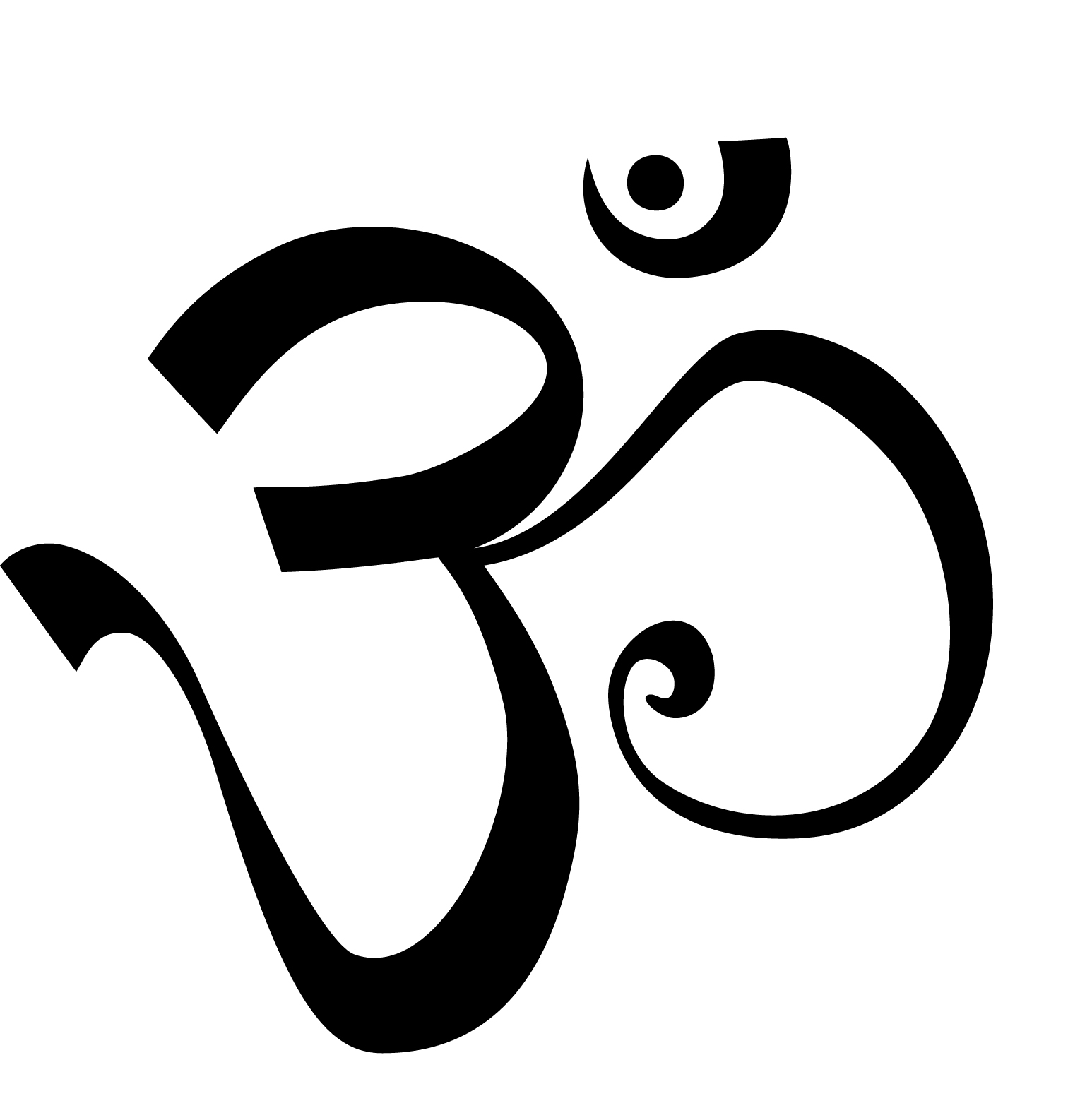It is believed the individual self, ātman, unites with or merges in the absolute self, brahman, by means of yoga (upanishadic) – but in sāṃkhya yoga, which is the metaphysical reference of the yoga sutra, it comes to be itself through extrication from nature, matter called prakṛti. Thus yoga which means “union” there comes to mean “disunion”, viyoga, here.
The discipline comprises what are described as the eight limbs, aṣṭāṅga. They are self-restraint, yama, observance, niyama, posture, āsana, regulation of breath, prāṇāyāma, withdrawal of the senses, pratyāhāra, steadying the mind, dhāraṇā, contemplation, dhyāna and meditative trance, samādhi.
It’s purpose as a whole, is to assist man/woman in the ascent from narrow personal view congenital to him/her to the larger vision which brings freedom with it.
This eightfold discipline may be considered in two stages:
The first is concerned with the right direction of the will and represents the attainment of the good distinguished from the true e.g. cultivation of the virtues comprised in self-restraint, yama, and observance, niyama.
It is on this pre-eminently moral foundation that any yogic training should rest, if it is to be fruitful; and the mere practice of breath-control or of yogic postures is spiritually of little vail. Without such a foundation, there is no possibility of seeing the whole truth or of attaining final freedom. ![]()
“He, on the other hand, who lays that foundation securely, even though he may stop short at it, will have achieved much”. Man must overcome the egoistic impulses in him which are the source of so much evil in the world. The impersonal attitude thereby attained is described as “dispassion”, vairāgya, and its cultivation is recommended to awaken the spiritual will.
The next stage is for the specific cultivation of the power of mental concentration. The first three are devised to secure control of the physical frame with a view to facilitate the control of the mind. The succeeding three assist in getting a direct, but gradual, mastery over the ever fitful mind.
From “Essentials of Indian Philosophy” by M. Hiriyanna, Delhi 2008
